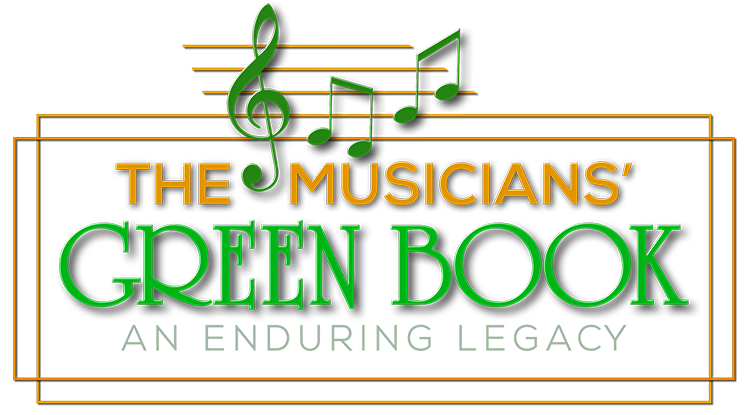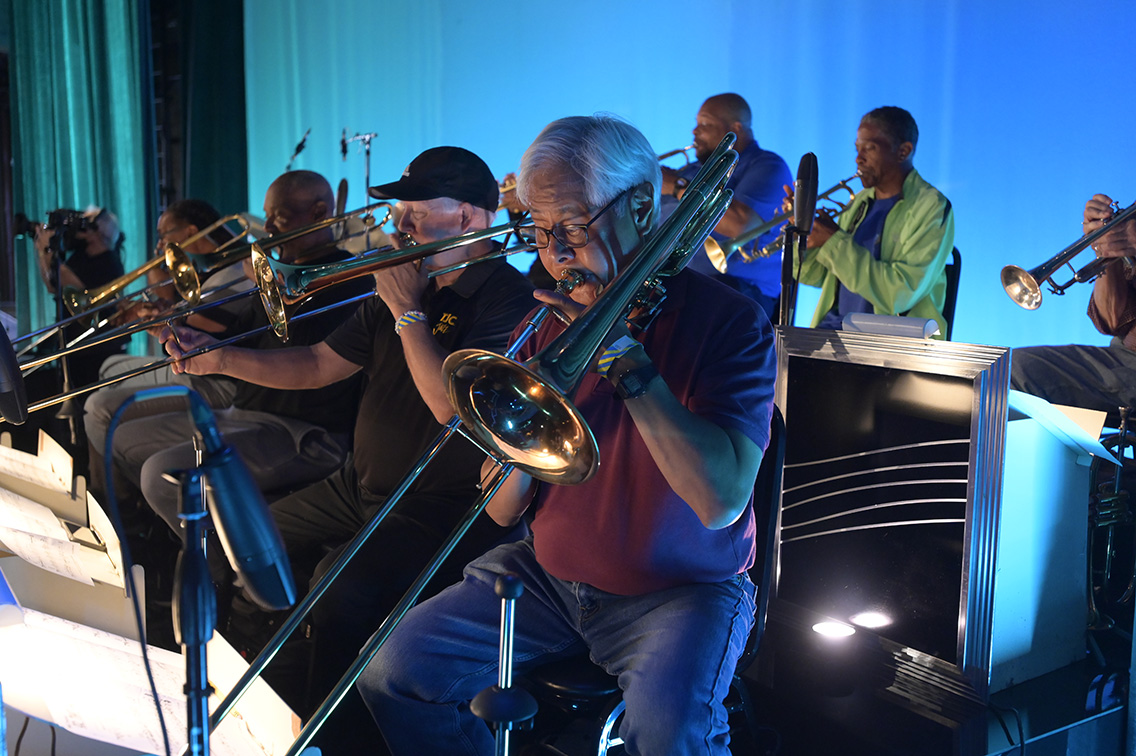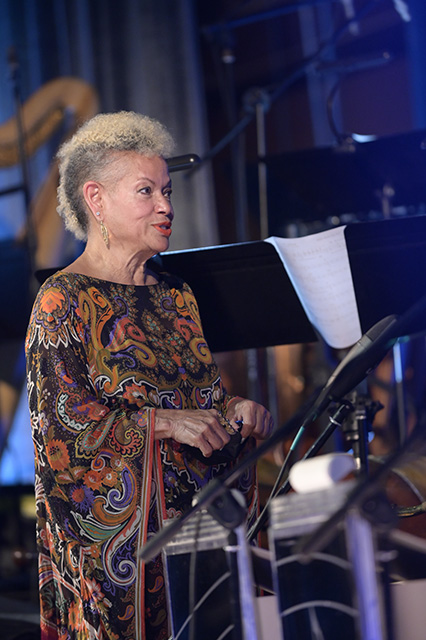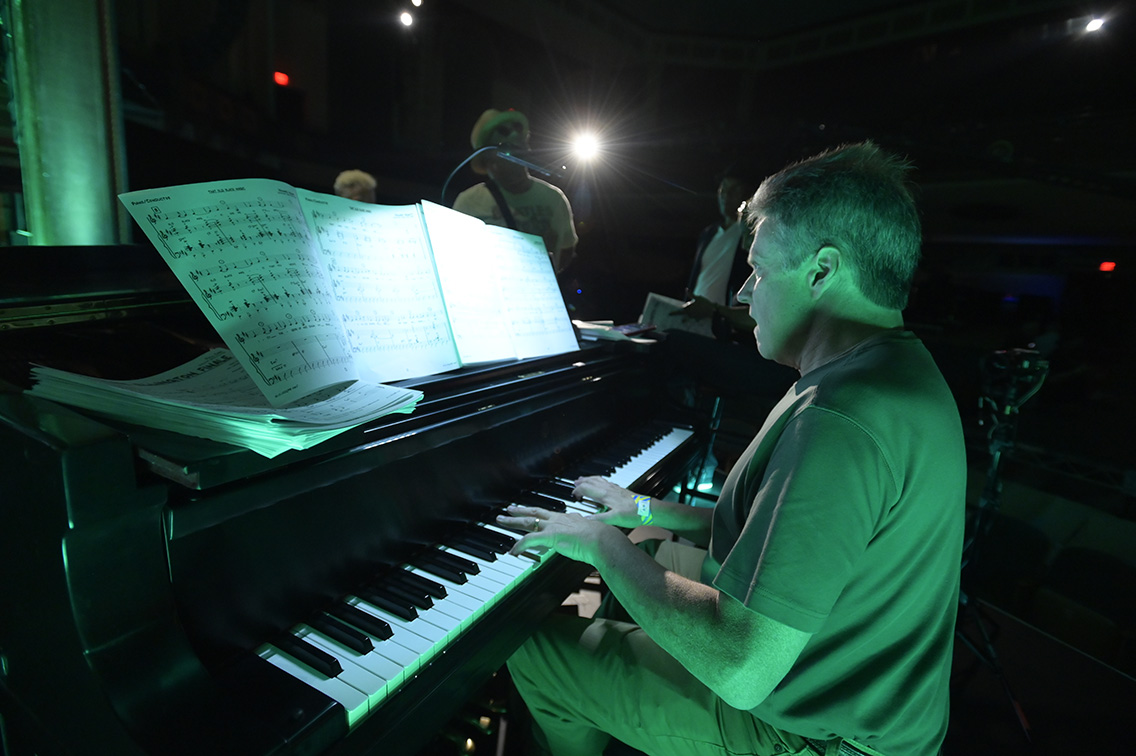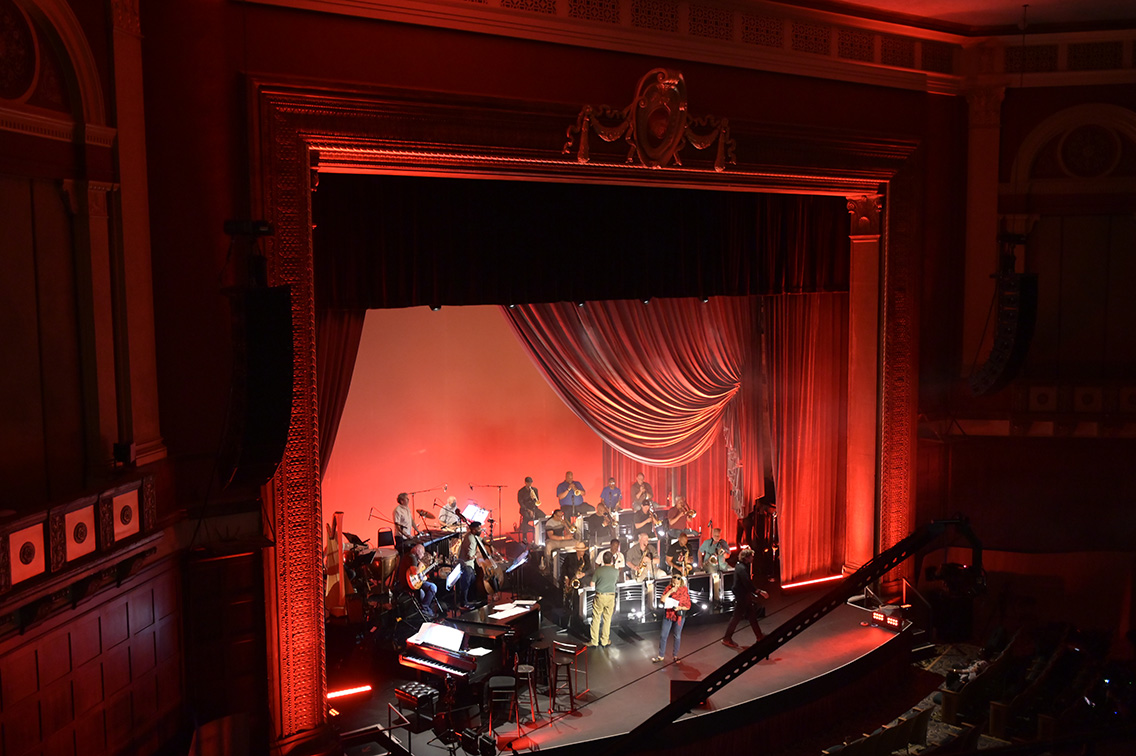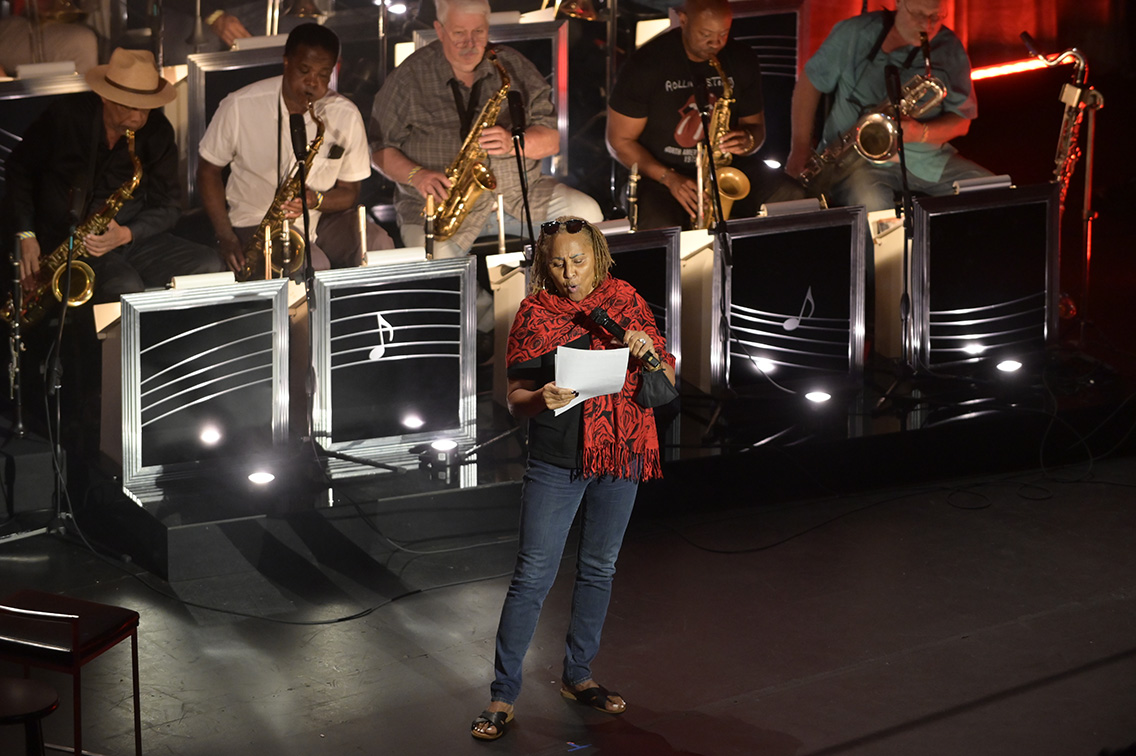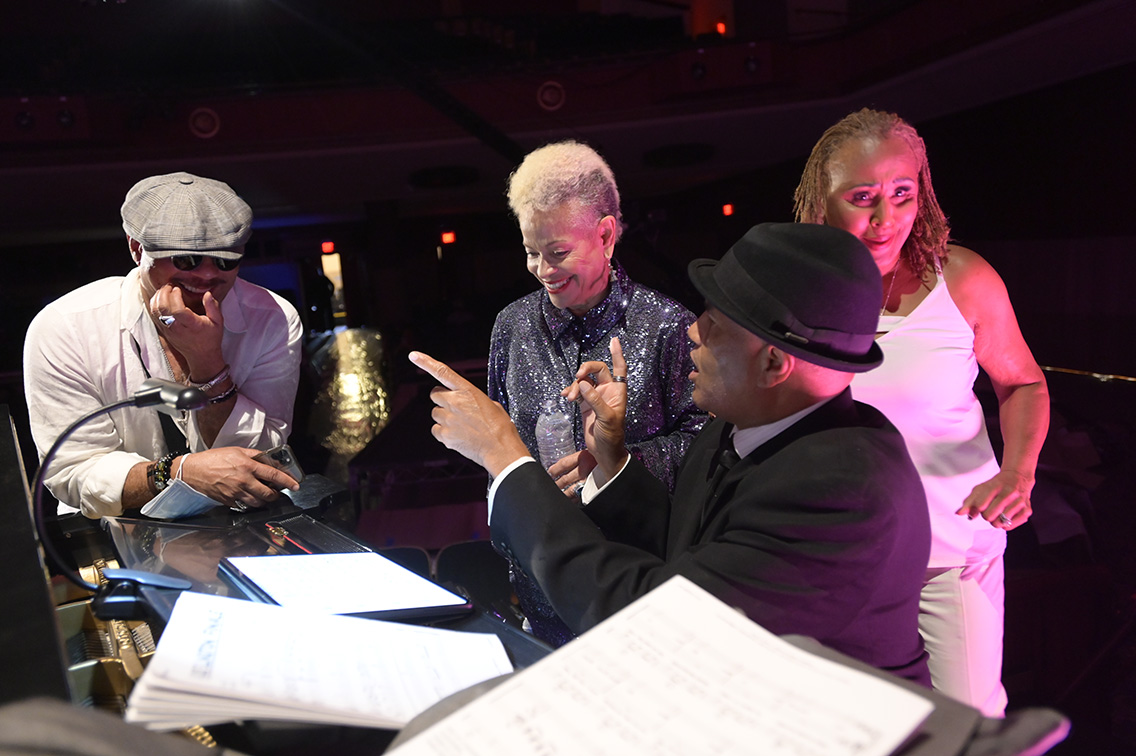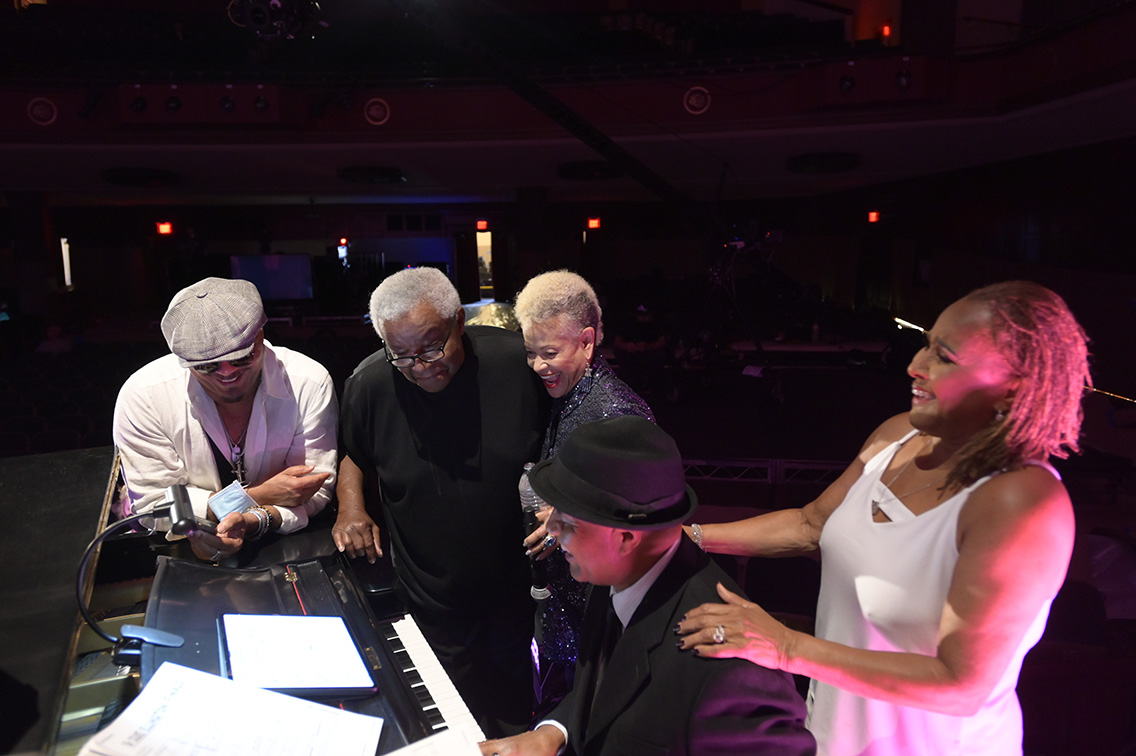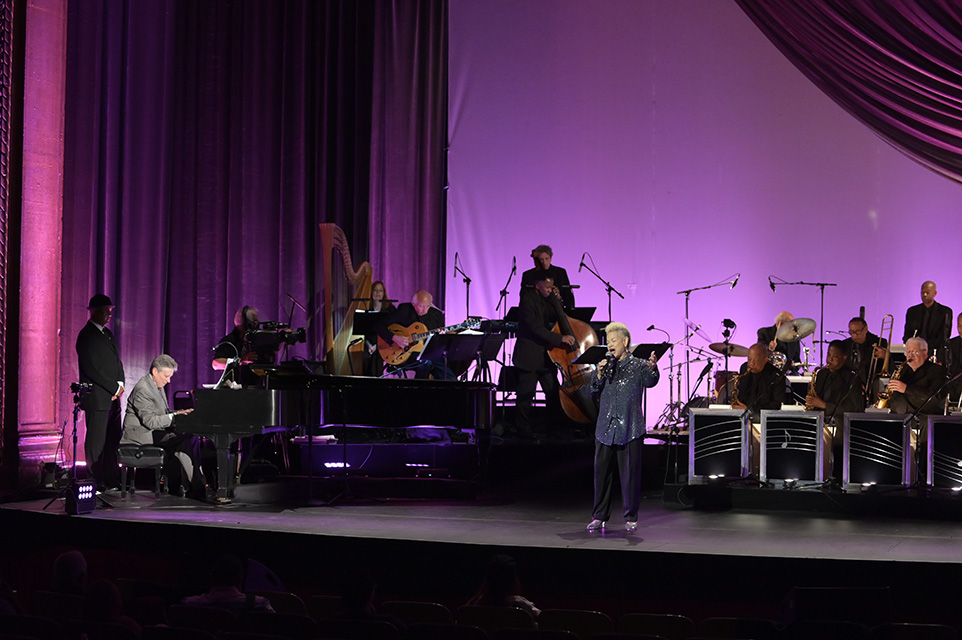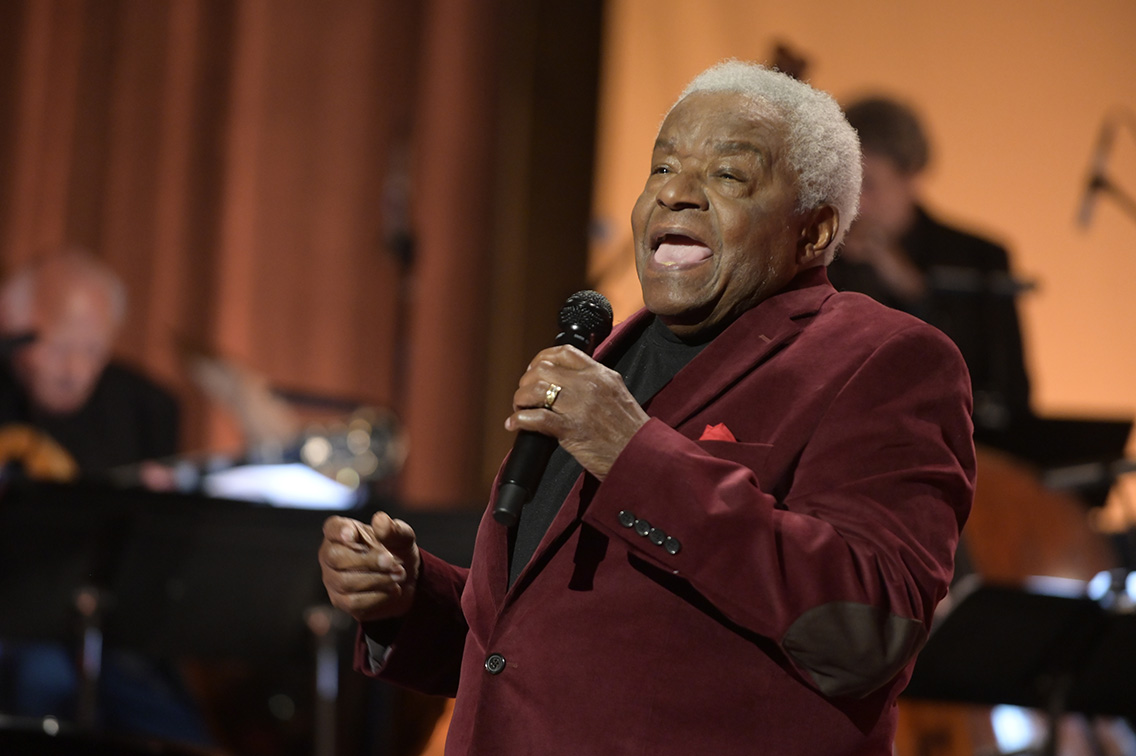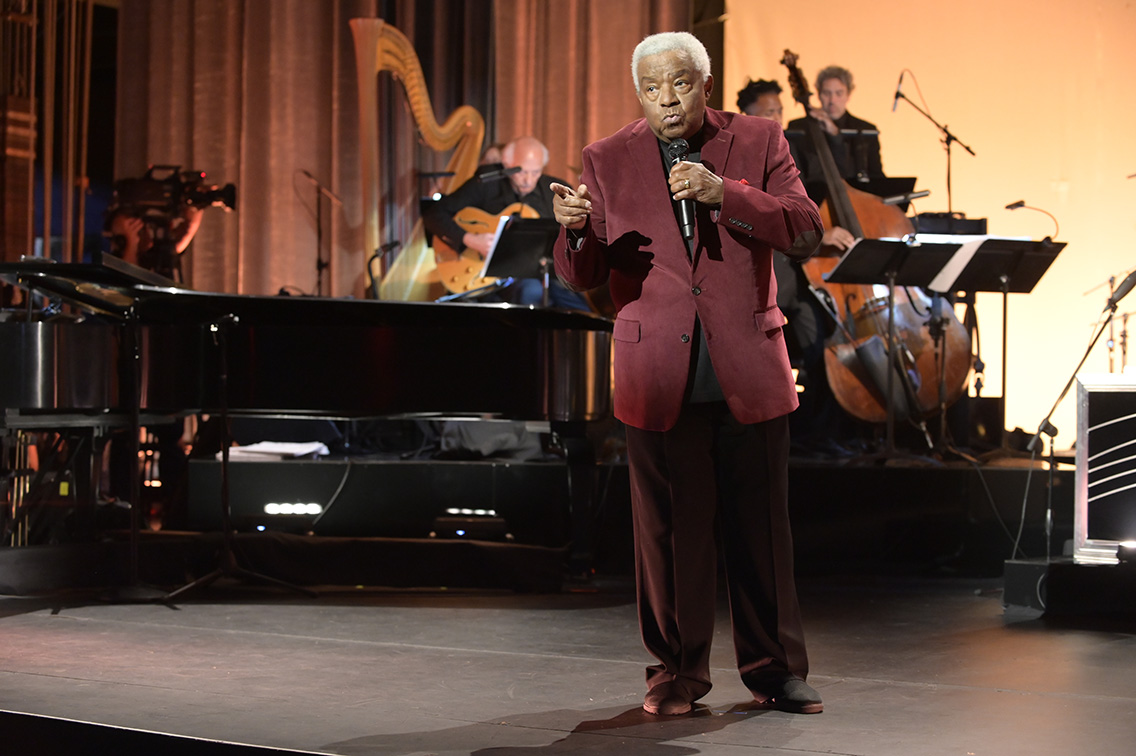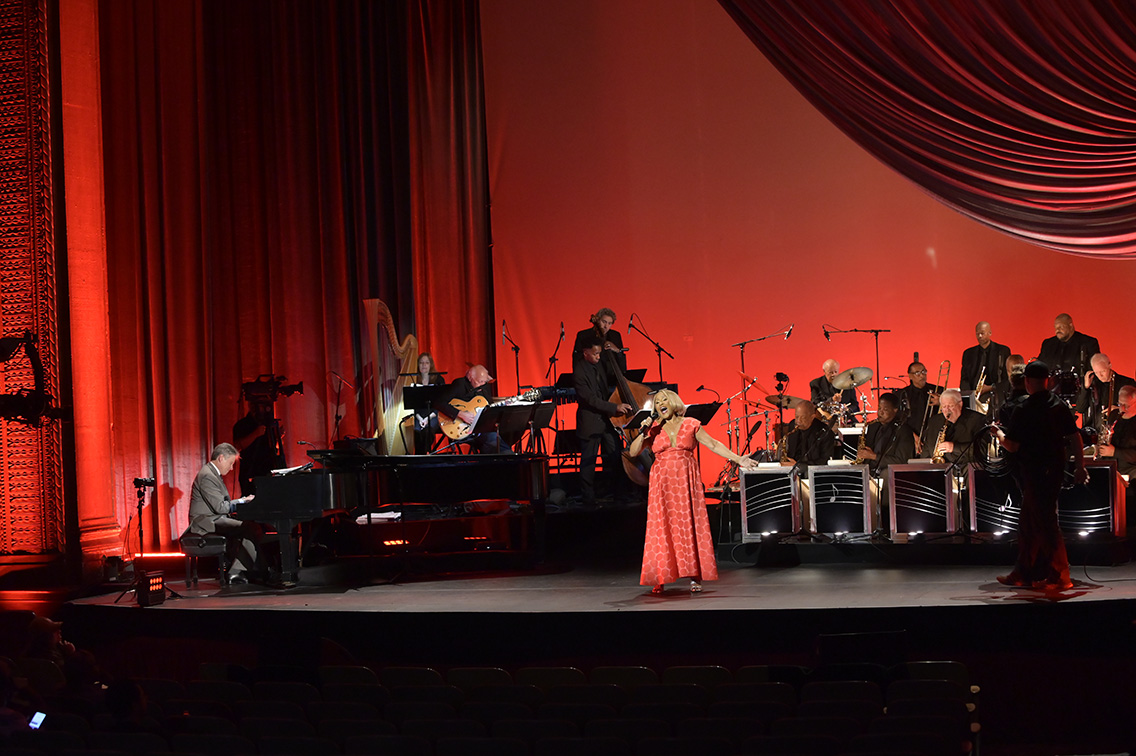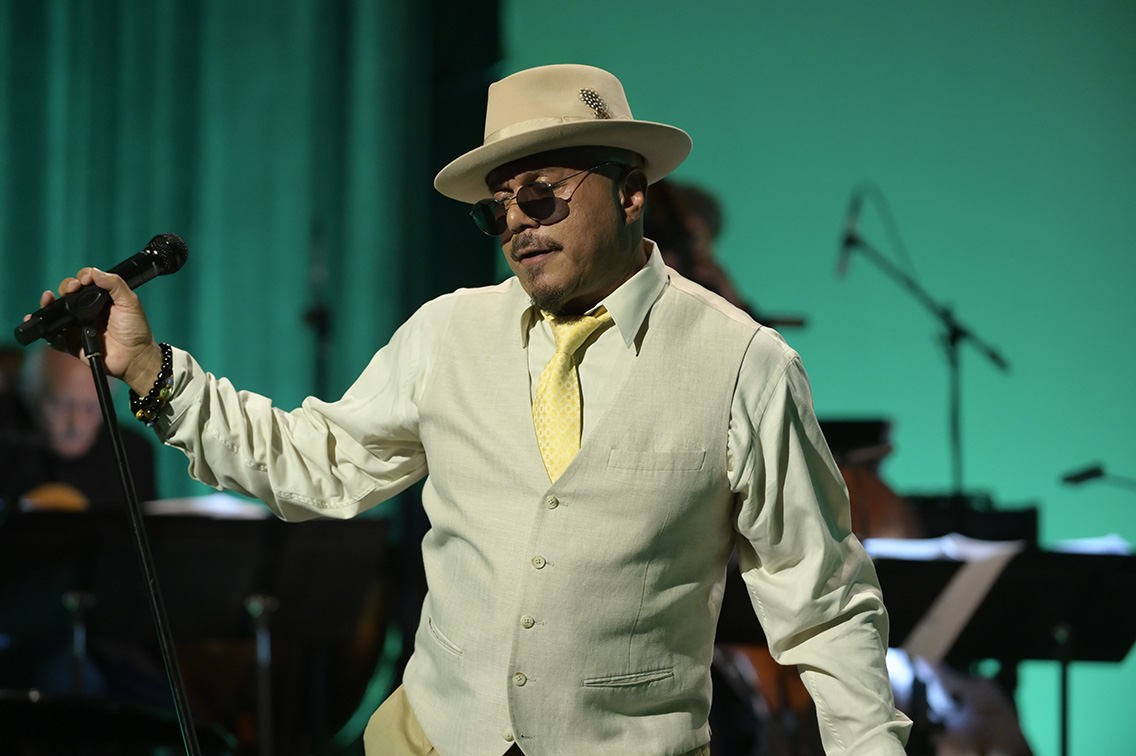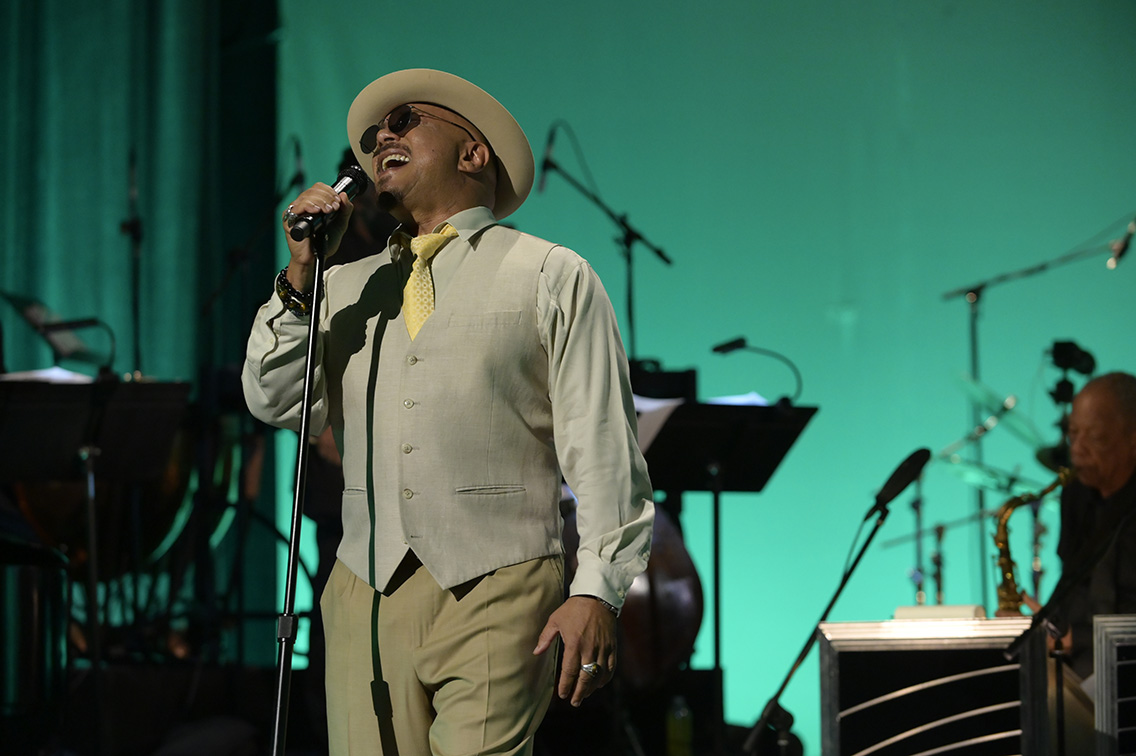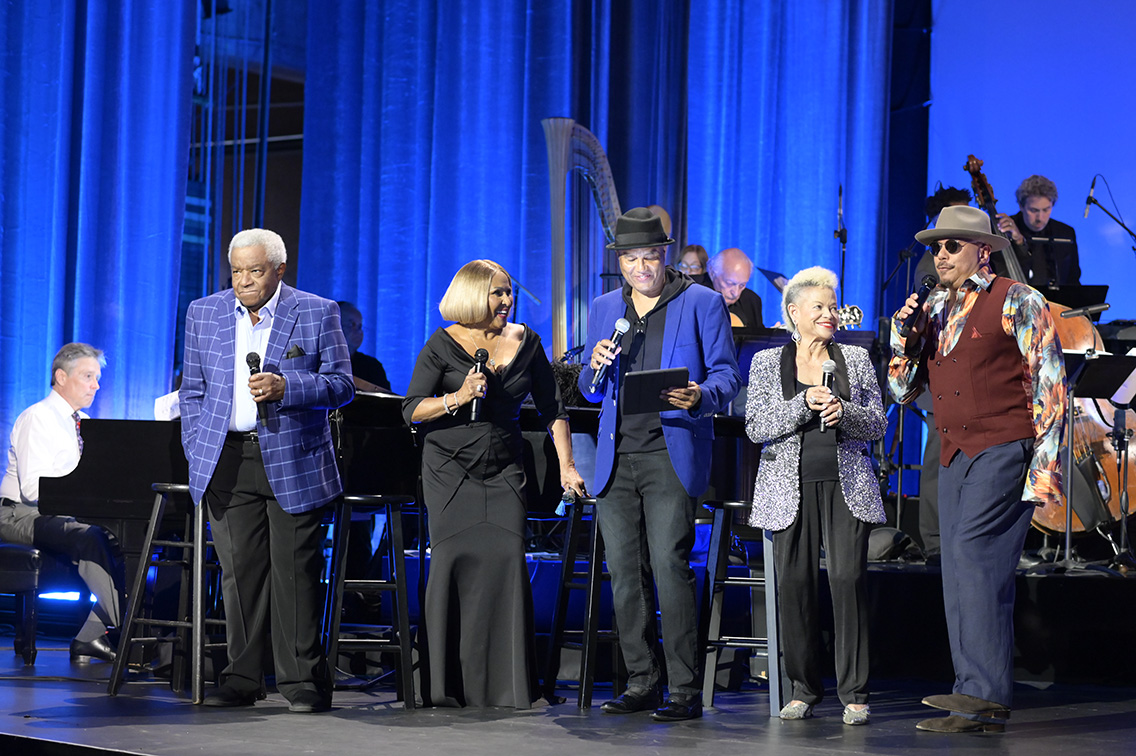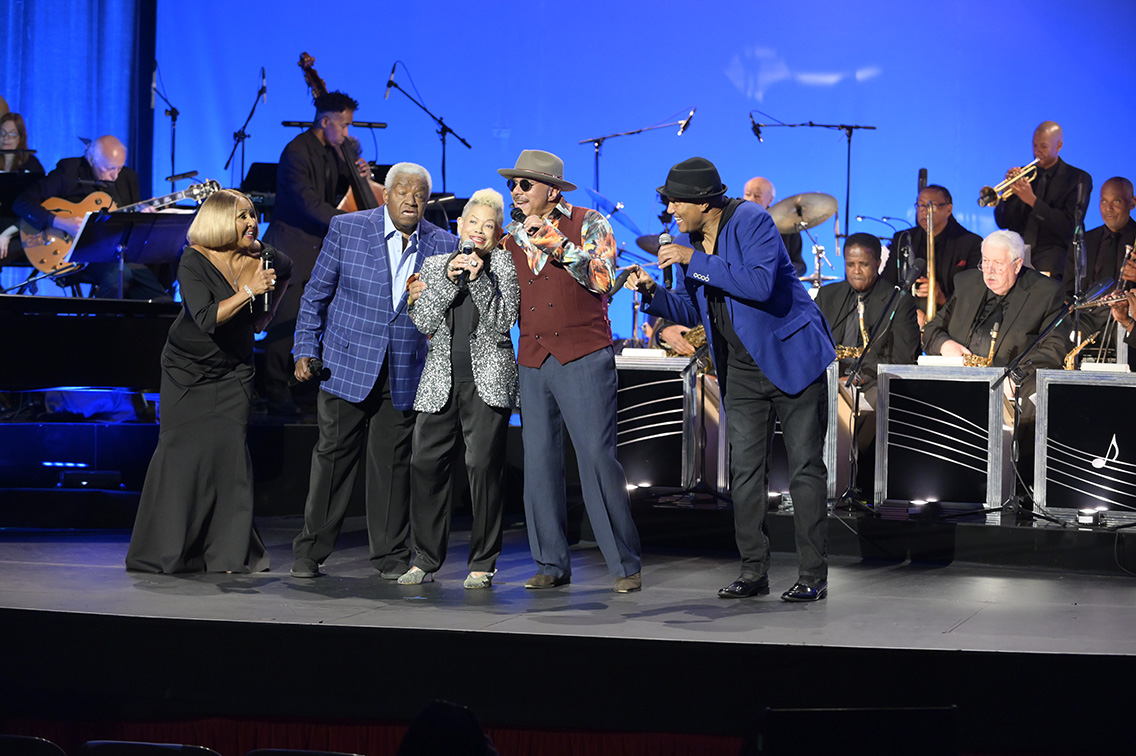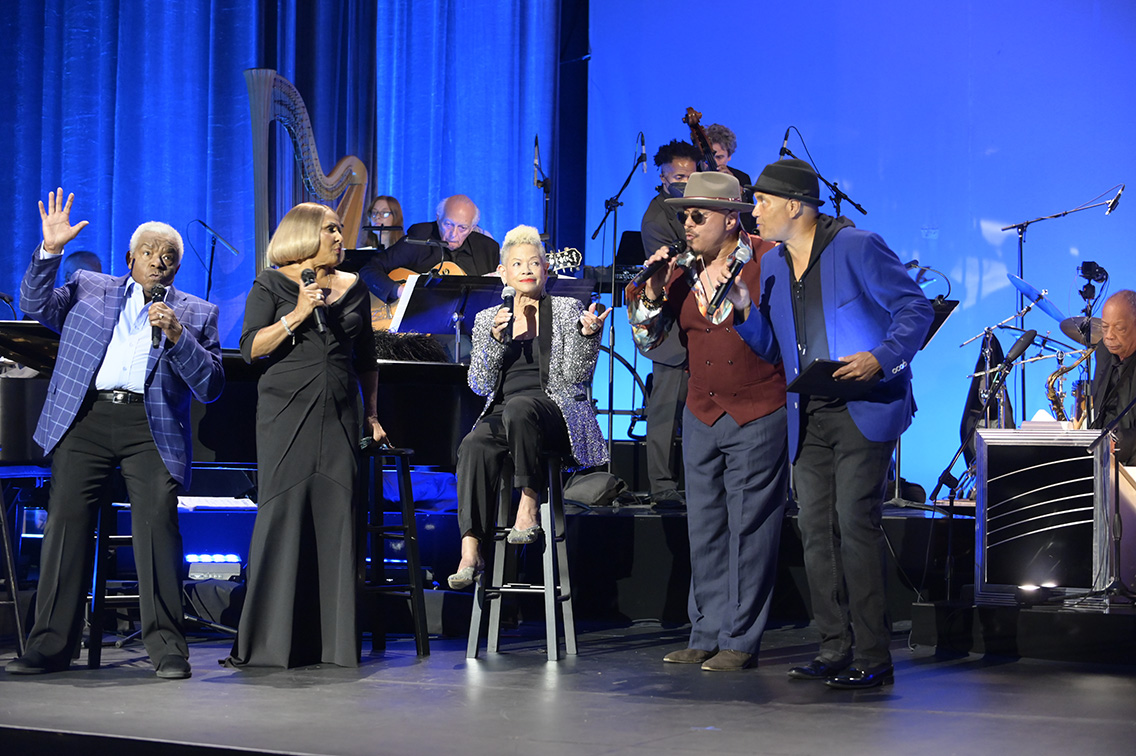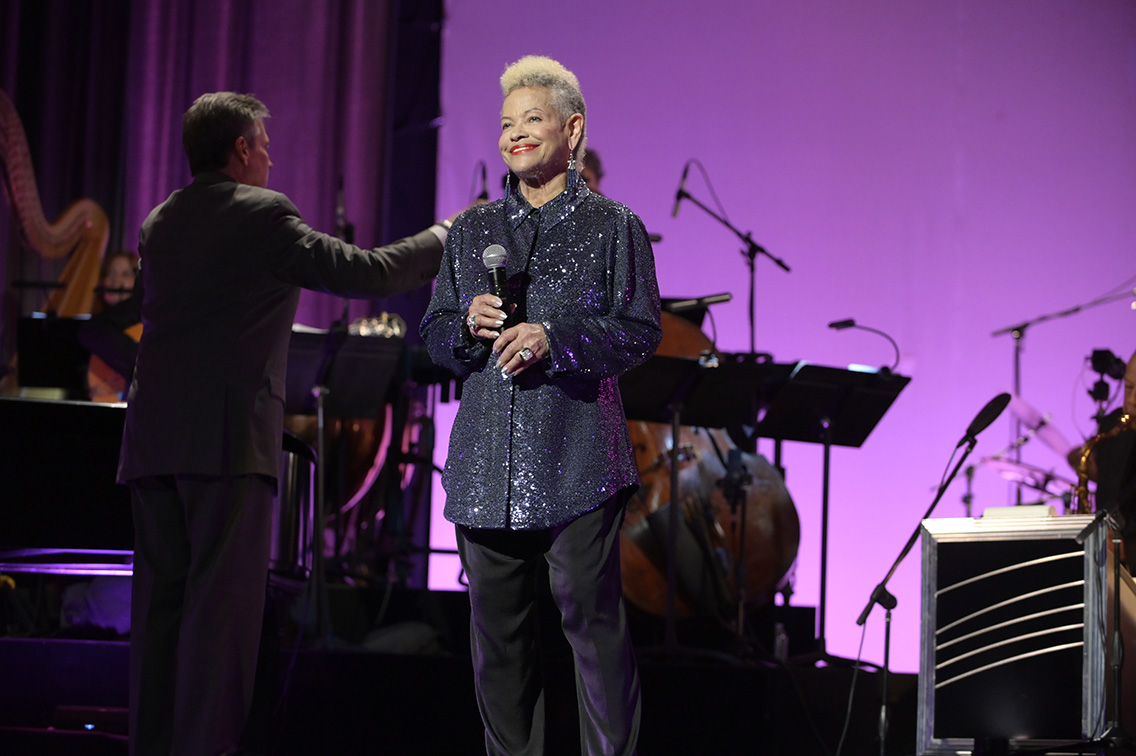Ella Fitzgerald
Ella Fitzgerald interview 1974
Ella Fitzgerald, born April 25, 1917, in Newport News, Virginia, was an American jazz singer celebrated as the “First Lady of Song.” Her journey began with a stunning 1934 debut at Harlem’s Apollo Theater, where her pure tone and improvisational brilliance won over audiences. Known for her scat-singing mastery and flawless phrasing, she collaborated with icons like Louis Armstrong and Count Basie, breaking racial barriers in a segregated era. Over six decades, Fitzgerald’s voice became a cornerstone of jazz, blending technical skill with soulful warmth.
Her prolific career yielded hits like “A-Tisket, A-Tasket” and earned her 13 Grammy Awards, including accolades for her revered songbook series honoring composers such as Cole Porter, George Gershwin, and Duke Ellington. These recordings showcased her versatility and cemented her as a cultural trailblazer. Performing worldwide until health declined, Fitzgerald passed away on June 15, 1996, leaving an indelible legacy as one of jazz’s greatest voices, beloved for her timeless artistry and joyful spirit.
Ella Fitzgerald and Duke Ellington "It Don't Mean A Thing (If It Ain't Got That Swing)"
Learn More About Ella Fitzgerald
Ella Fitzgerald's Official Website
www.EllaFitzgerald.com
Ella Fitzgerald's Biography
https://www.britannica.com/biography/Ella-Fitzgerald

